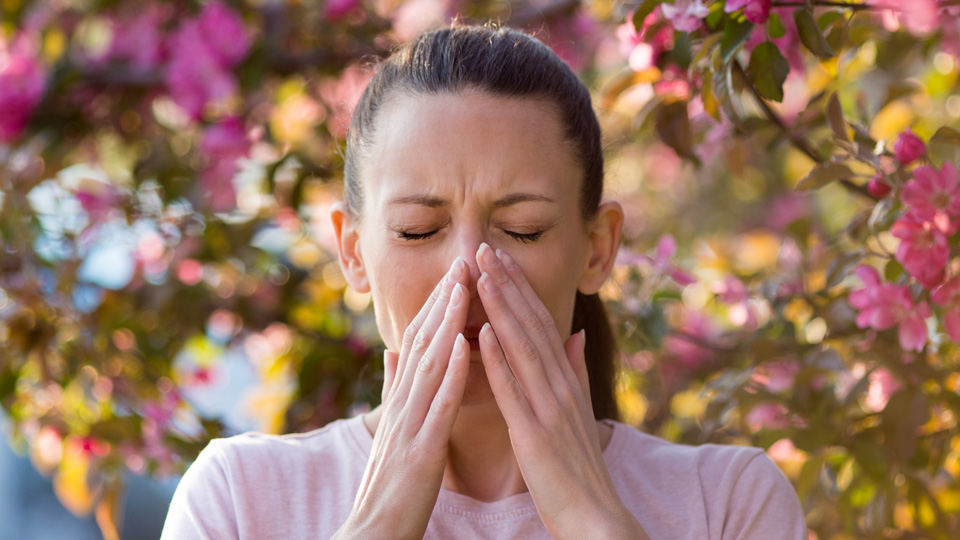We signed a collaboration agreement with the Ministry of Health and Population of Egypt
26/02/2026

06/05/2020
January has been the warmest month in 40 years. The successive rains in February and March, plus less environmental pollution caused by the cessation of activity, suggest that this spring we will have more cases of allergic conjunctivitis than in other less warm years.
During lockdown days, less exposure to allergens prevented the worst consequences for allergy sufferers. But with gradual lifting of lockdown measures, many people will no doubt notice how symptoms intensify. For example, those allergic to parietaria will soon notice the symptoms, since, although these are plants that pollinate all year round, these days their boom begins.
Dr. José Lamarca, an ophthalmologist at the Barraquer Ophthalmology Center, provides light on the matter to identify this type of ailment and differentiate it from other types of conjunctivitis, alleviate its discomfort and, above all, take extreme safety measures in a pandemic environment, where it should be remembered that the Covid-19 has an important route of contagion through the eyes.
How to differentiate an allergic conjunctivitis from a viral one?
On how to detect that we suffer from allergic conjunctivitis, the doctor clarifies that “we will generally have red eyes and above all a key symptom: itching. It can also be accompanied by other extraocular symptoms such as nasal itching and/or in the posterior palate, ”says Dr. Lamarca.
“A viral conjunctivitis also reddens and affects both eyes - points out the specialist -, however, it usually gives a lot of inflammation and the symptom is usually similar to if we had grit in the eyes. Another key is to pay attention to other extraocular signs that, sometimes, accompany viral conjunctivitis, such as fever and discomfort in the tonsils. ”
"Viral conjunctivitis usually gives a lot of inflammation and the symptom is usually similar to if we had grit in the eyes"
How to prevent eye allergies?
"First of all, we must detect and specify what we are allergic to and try to avoid it. If this is not possible, we must take extreme hygienic measures, such as not touching the eyes, and washing eyelids and eyelashes with soap and water without coming into contact with the eye. Some measures in addition to special importance for the prevention of the Covid-19 contagion”, stresses this expert in ocular surface.
"You should visit an ophthalmologist when the symptoms persist and cause discomfort, since there are very effective remedies for some conjunctivitis. In addition, it is important that when discomfort is accompanied by a sudden loss of vision, great inflammation or eye pain, it is necessary to go to medical emergencies without hesitation," warns Dr. Lamarca.